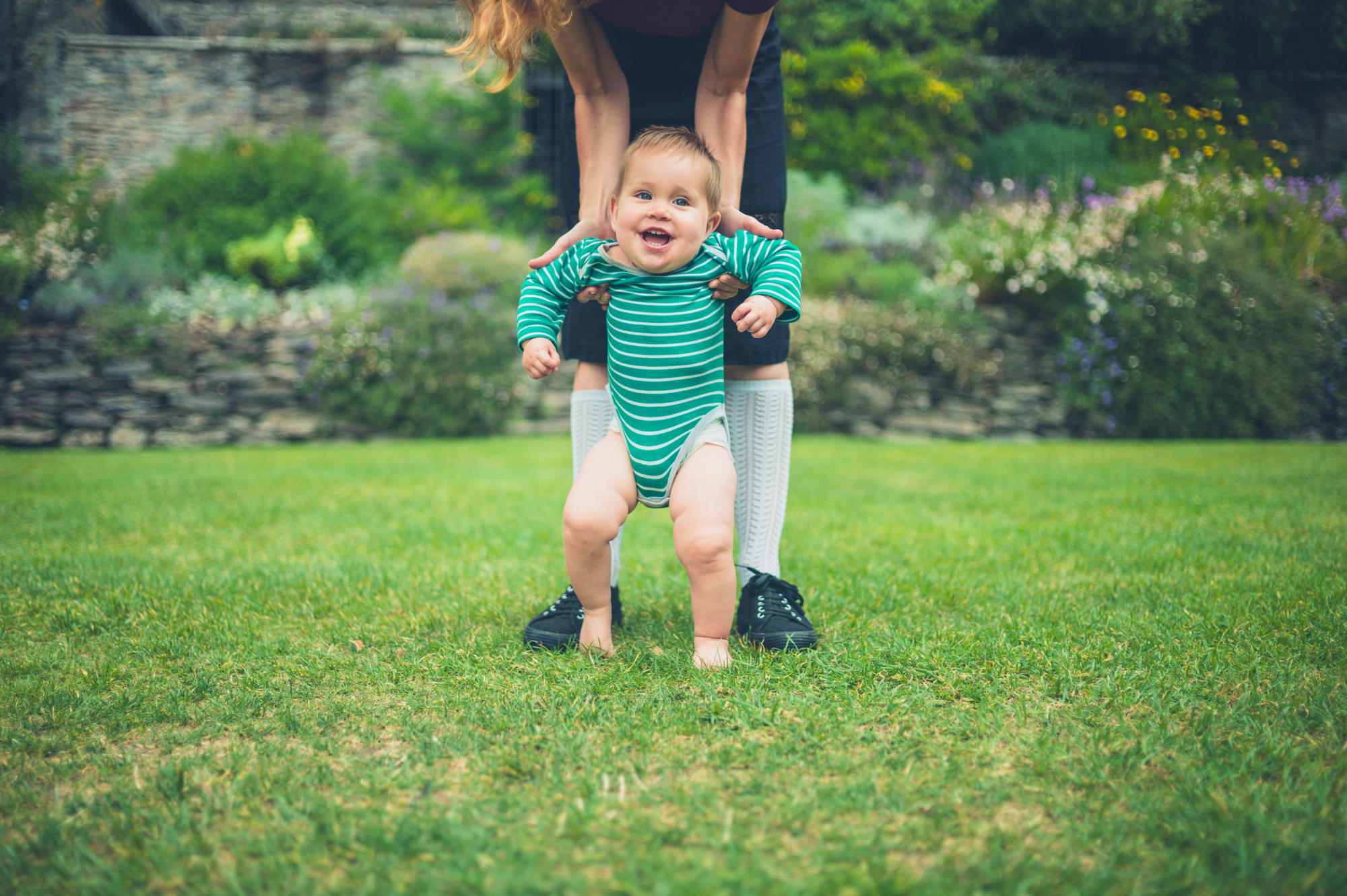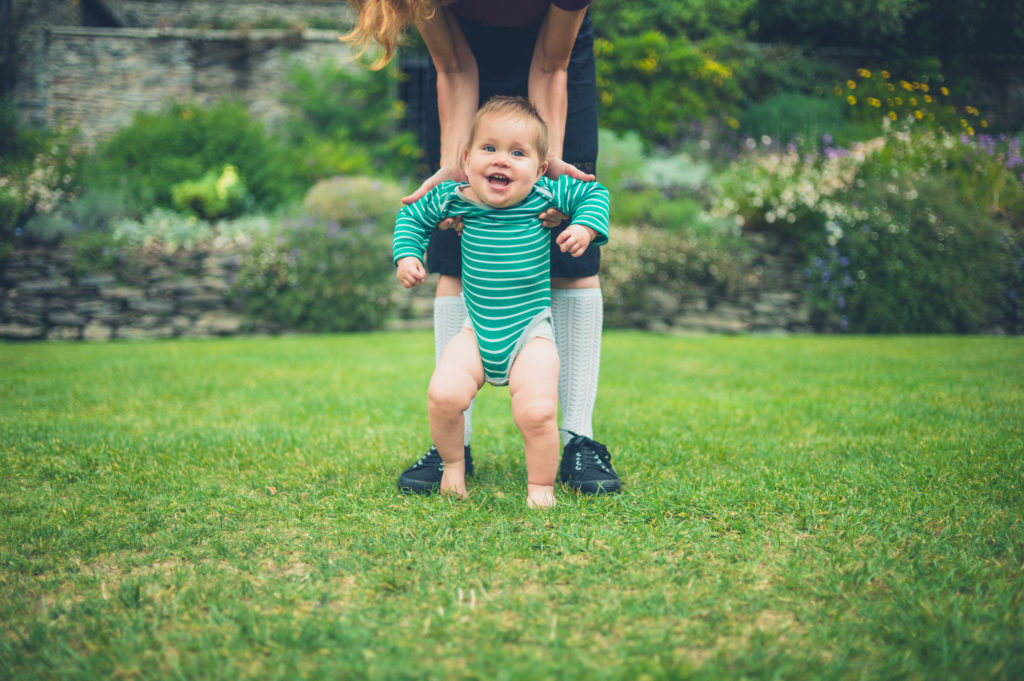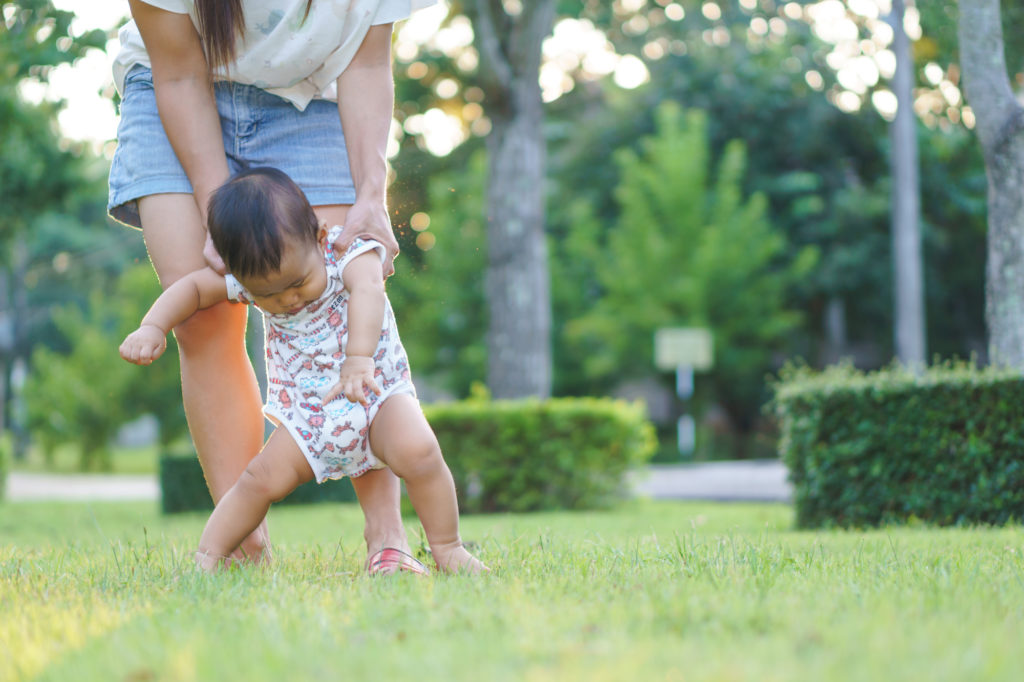Quelles sont les raisons de la marche tardive chez les bébés?
There are many reasons why a baby does not walk according to set developmental milestones. Generally, babies may start walking anywhere between the ages of 9-15 months, but in some instances, some babies walk earlier, and some babies walk later than this range.
En règle générale, si un bébé ne marche pas de manière autonome à 18 mois, une évaluation plus approfondie peut être nécessaire pour comprendre pourquoi il y a un retard et une raison sous-jacente à ce retard.
La marche est une habileté motrice globale impliquant les gros muscles des jambes. Habituellement, en termes de développement du nourrisson, il sera précédé d'un retournement, d'apprendre à s'asseoir de manière autonome, de ramper, de se tenir debout de manière indépendante et d'utiliser des meubles ou d'autres accessoires pour se promener dans la pièce.
Parfois, la marche tardive peut suivre un retard dans d'autres domaines du développement moteur global d'un nourrisson. Cela peut suivre une exploration tardive, par exemple. Il n'est pas rare que les nourrissons ne rampent pas, par exemple. Pourtant, la marche est une habileté motrice globale essentielle, et le retard dans l'atteinte de celle-ci ne manquera pas de susciter des inquiétudes chez les parents et les soignants si un enfant a terminé, même si avec un léger retard, ses autres étapes majeures de la motricité globale, il peut ne pas y avoir de cause immédiate. par souci quand il s'agit d'un marcheur en retard.
Certaines des principales raisons de la marche tardive chez les bébés et les tout-petits sont:
Hereditary: there may be a link between parents who walked later and consequent delay in their own children’s walking. Some infants walk later, and often there are no underlying causes.
Personality: some infants are in no rush to get walking, and some are more cautious with taking risks needed to master independent walking. They may be content with taking their time and learning developmental steps in their own time. While not measurable as a reason, it is an anecdotal reason for late walking in some infants.
Environment: babies who may have suffered illness or long-term hospitalization at a young age may not have had the opportunities to move and practice their gross motor skills that aid walking. Infants in environments where they are not given the opportunities to move, play on the floor, and use their developing gross motor skills may also experience a delay in walking. It is important that infants are given opportunities to move and play and are not spending extended periods of time in carriers (stroller, baby chair) that limit their ability to move.
Prematurity: babies born early may meet all of their developmental milestones slower. Usually, and depending on the extent of prematurity, babies born early should be tracked against the milestones for their due date and not the date they were born.
A rare disease or genetic syndrome: sometimes a walking delay (combined with other gross motor delays) may be a rare disease sign or symptom. Examples of these include Barth syndrome, Rett syndrome, and Russell-Silver syndrome. If a rare disease is suspected, Analyse Génétique may be recommended to determine the cause of gross motor delay in a child.
Underlying health or physical condition: hypotonia (low muscle tone) is a major cause of walking delay in infants. Hypotonia may also present with a rare disease, Williams’ syndrome as one example. Walking delay is also a sign of mild cerebral palsy.
Dans la plupart des cas, un retard dans la marche, sans retard dans aucun autre domaine du développement du nourrisson, n'est pas préoccupant. Certains nourrissons ont besoin de plus de stimulation et d'encouragement pour maîtriser l'habileté par eux-mêmes.
If you have any concerns about your child’s development, including their walking skills, or indeed concerns about any of their gross motor skills, the first person to contact is your family doctor.









